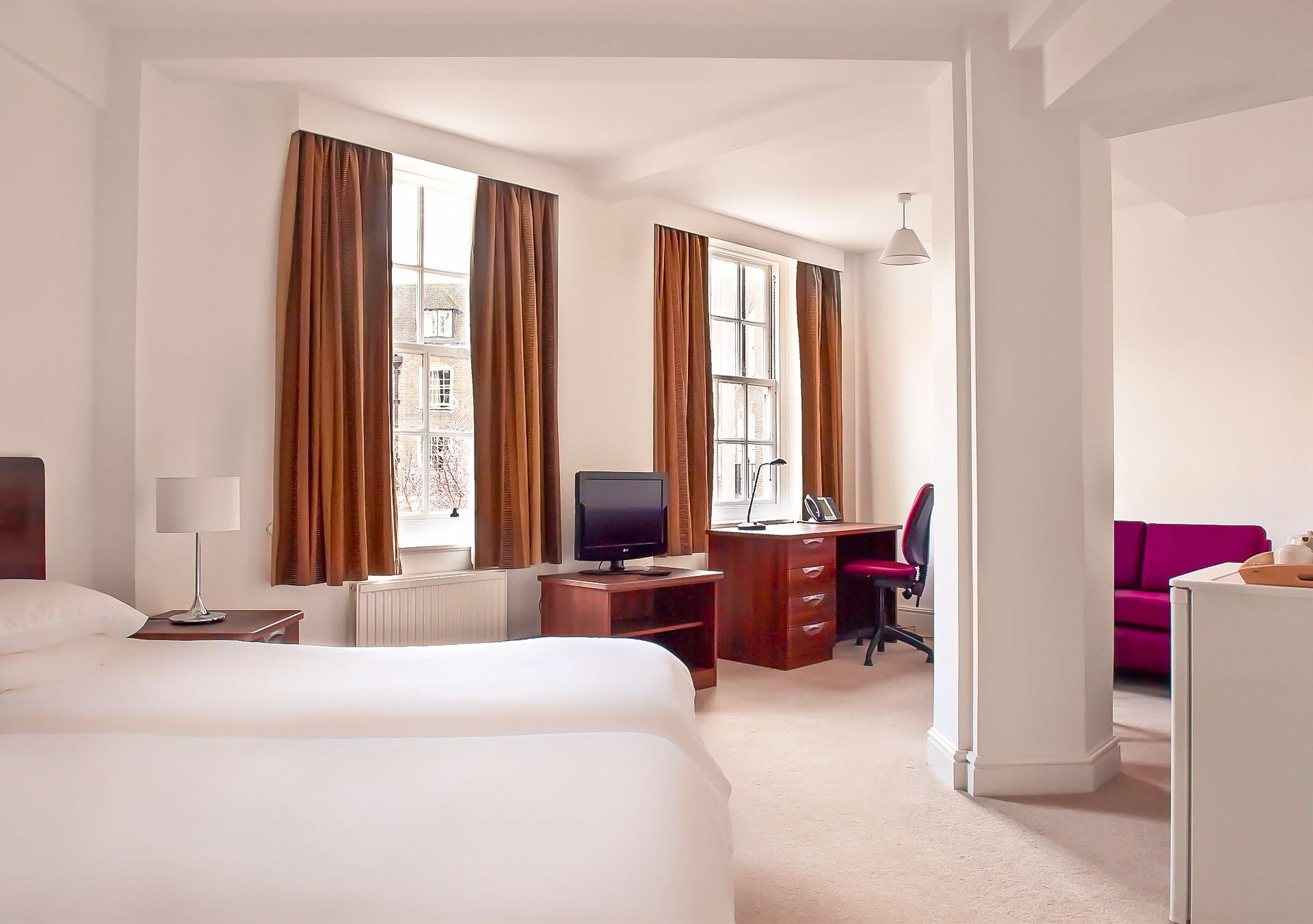A short history of London
The first major settlement was founded by the Romans in 43 AD as Londinium, following the Roman conquest of Britain. Following a storming by the Iceni tribe led by Queen Boudica in 61AD, the city was rebuilt and prospered, superceding Colchester as the capital of the Roman province of Britannia in 100 AD. At its height in the 2nd century, Roman London had a population of around 60,000.
By the 600s, the Anglo-Saxons had created a new settlement called Lundenwic, approximately 900 metres upstream from the old Roman city, around what is now Covent Garden. It is likely that there was a harbour at the mouth of the River Fleet for fishing and trading, and this trading grew until the city was overcome by the Vikings and forced to relocate back to the location of the Roman Londinium to use its walls for protection. The original Saxon city of Lundenwic became Ealdwic ("old city"), a name surviving to the present day as Aldwych, which is in the modern City of Westminster.
Plague caused extensive problems for London in the early 17th century, culminating in the Great Plague in 1665–1666 that killed around 100,000 people, up to a fifth of London's population. This was the last major outbreak in England, possibly thanks to the disastrous fire of 1666. The Great Fire of London broke out in the original City and quickly swept through London's wooden buildings, destroying large swathes of the city. Rebuilding took over ten years, largely under the direction of a Commission appointed by King Charles II, chaired by Sir Christopher Wren.
Much of London was then destroyed during the bombing campaign of World War II, which saw 30,000 people lose their lives. Despite causing a great deal of damage, the city was generally well patched up and much of the worst of 1940s and 1950s architecture has been replaced by more modern and tasteful buildings.
In the 18th century, Samuel Johnson, author of A Dictionary of the English Language, famously wrote about the city: “You find no man, at all intellectual, who is willing to leave London. No, Sir, when a man is tired of London, he is tired of life; for there is in London all that life can afford."
History of Greater London's Universities
Kingston University
Kingston University's origins can be traced back to 1839 when four residents established a Kingston Literacy and Scientific Institute to provide young men with evening classes. Later, a well-to-do surgeon called George Taylor set up an Institute at the corner of Thames and Clarence streets, in a fine neo-classical building, which housed a library, laboratory and lecture hall.
